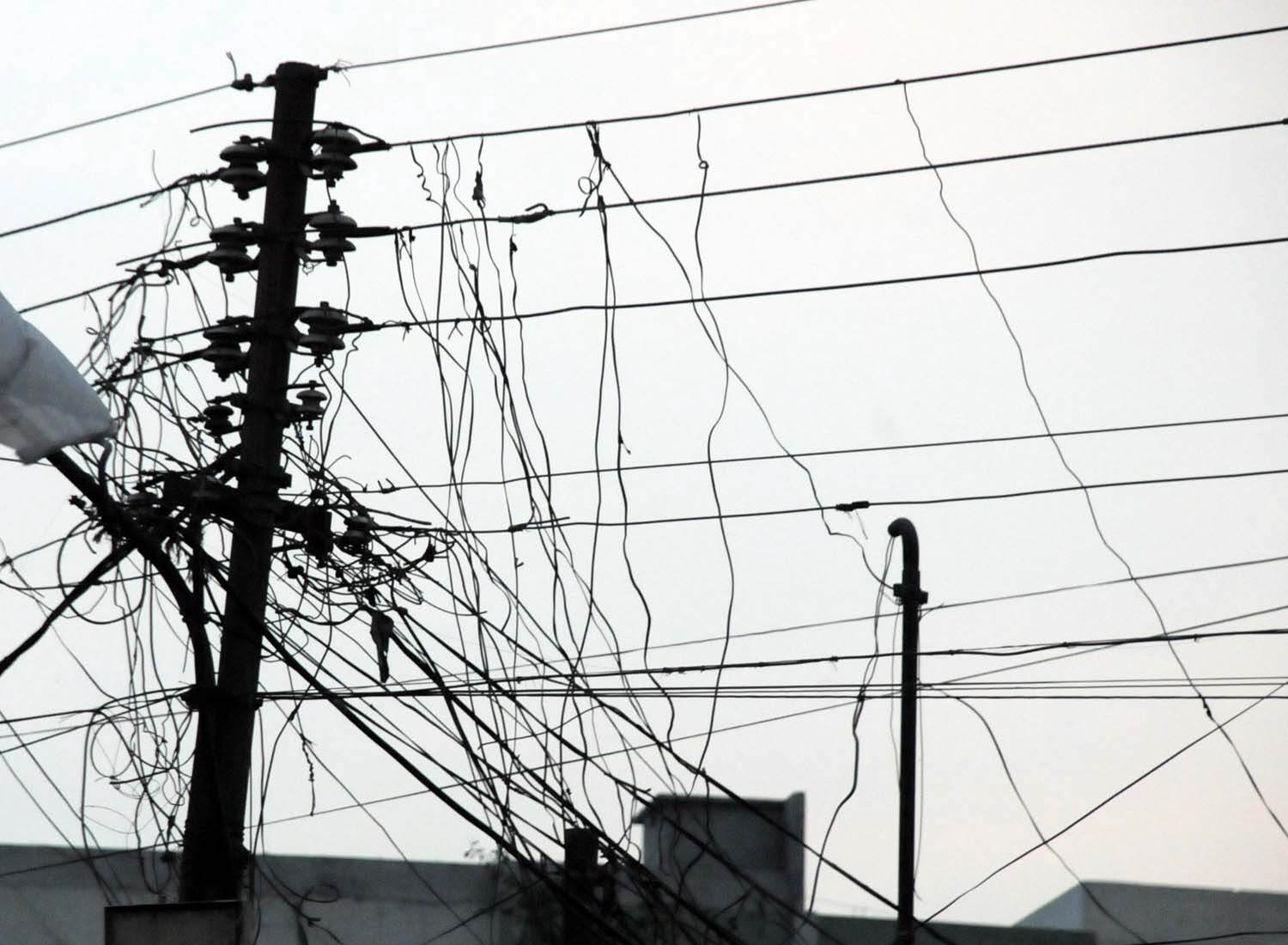

Our reason for supporting this policy, which we have articulated in the past, is simple: if the government wants to crack down on theft and uncollected bills in the electricity sector, it should start by eliminating people’s incentive to do so. Why would anyone believe the government’s promises to crack down on theft to be credible if it keeps supplying electricity to people who do not pay their bills?
And unlike many of the policy proposals from the IMF, this one has the advantage of being derived from Pakistan’s own experience. The privately owned Karachi Electric Supply Company (KESC) has had remarkable success in bringing down line losses by reducing or even eliminating power outages in areas of low theft, while shifting the burden onto areas with very high theft levels. The KESC has returned to profitability after nearly two decades of running losses and is able to invest in upgrading the power infrastructure of the largest city in the country.
Virtually every analysis of Pakistan’s energy sector has found that more than half of the problem originates in the very high levels of theft, which the government seeks to pay for through unsustainably high subsidies. The Nawaz Administration has admirably set itself the target of eliminating the need for subsidies.
We hope it will realise that the best way to reduce subsidies is to crack down on theft, and the best way to crack down on theft is to stop rewarding bad behaviour amongst unscrupulous consumers. Only then can the country’s energy system move on the path towards financial sustainability.
Published in The Express Tribune, November 21st, 2013.
Like Opinion & Editorial on Facebook, follow @ETOpEd on Twitter to receive all updates on all our daily pieces.
COMMENTS (3)
Comments are moderated and generally will be posted if they are on-topic and not abusive.
For more information, please see our Comments FAQ












@unbelievable: What is wrong is that we know it is not possible but the IMF doesn't get it. KESC succeeded in this because it was a private sector entity with an incentive to reduce losses. You can't expect govt. sector entities to do this and succeed at it. They just don't care. So privatization has to come first and then we'll see greater efficiency.
It is kind of missing the point to say you should do this to stop theft or do that to stop theft. Stopping theft is not rocket science. But when the people who are doing the stealing are employed by the organization itself how can you stop theft? It is only when there is a profit motive attached that people will start to care and then we'll see change - gradual change not overnight change.
You know your in sad shape when the IMF has to come in and pressure you to stop theft - what's wrong with this picture.
"The privately owned Karachi Electric Supply Company (KESC) has had remarkable success in bringing down line losses by reducing or even eliminating power outages in areas of low theft, while shifting the burden onto areas with very high theft levels."
This is the Grameen Bank model for giving out loans. Grameen Bank requires three or more sureties for giving out the loan. Grameen Bank often lend to borrowers without any collateral asset as the borrowers are poor and have no collateral asset to offer. If the borrower defaults, the sureties become ineligible for taking loans from Grameen Bank and are also responsible for paying back the loan to Grameen Bank. The sureties make sure that borrower pays back the loan in time. This is what that made Grameen Bank a success. In this case in Pakistan, the neighbors and the community that may suffer power outages, will make sure that no one steels power from the line so that their own interests are not harmed. Make the community pay for the bad deeds of anyone in the community and the community will preserve its interests and ensure that bad deeds are eliminated.
This probably is also the model behind the Drone Strikes.